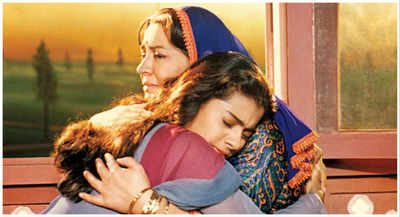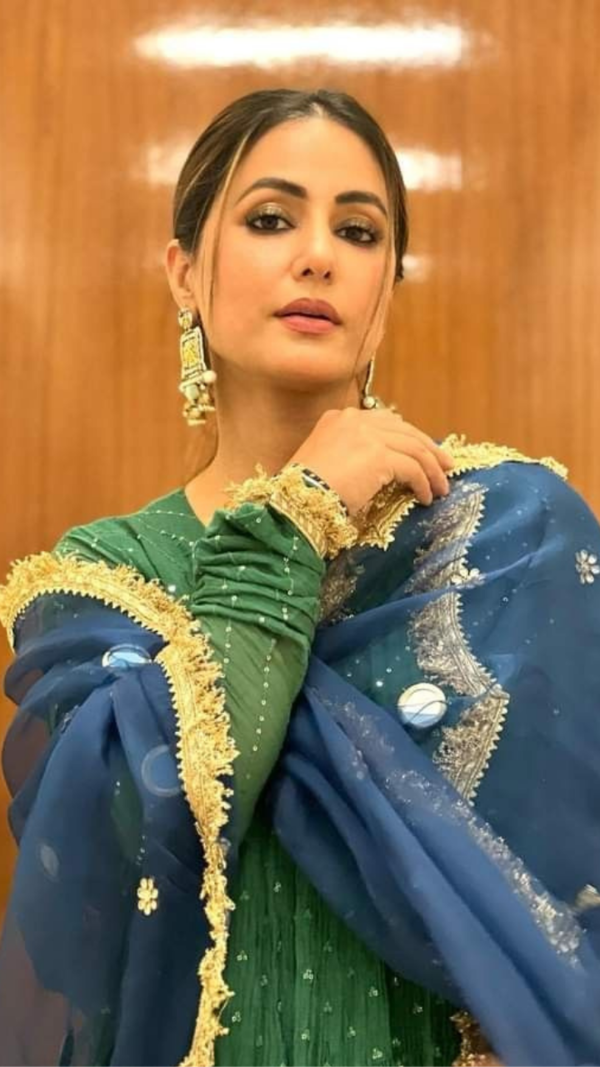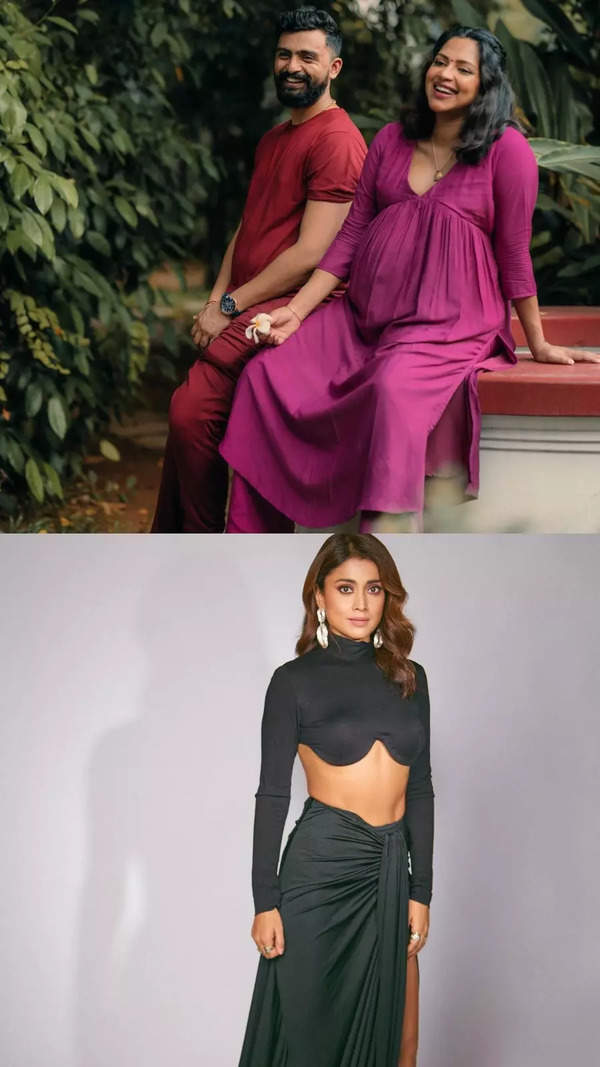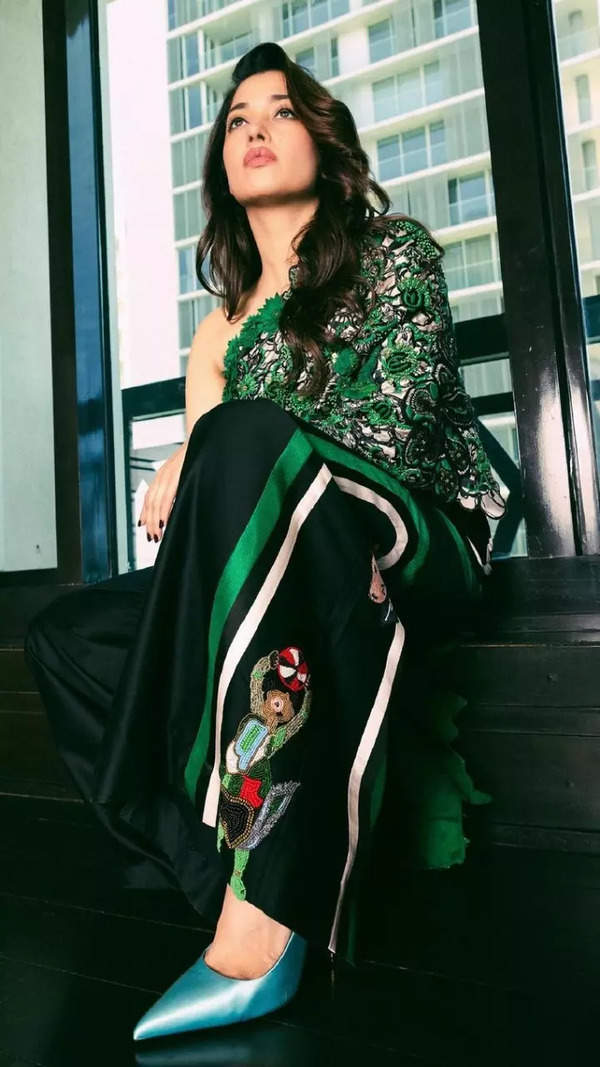- News
- entertainment
- hindi
- bollywood
- Mother's Day 2024: Screen mums: What they want tells us about how India has changed
Trending
Mother's Day 2024: Screen mums: What they want tells us about how India has changed
Evolution of Bollywood mothers from long-suffering characters to independent figures seeking social justice, happiness in love, and understanding, respect, and equality, depicted through iconic actresses like Nirupa Roy, Reema Lagoo, Neena Gupta, and others

The Bollywood mother has gone from being a long-suffering supporting character to a flesh-and-blood woman with their own narratives that highlight their sense of self-respect and equality. Their journey is also a marker of how society’s views on motherhood have changed as well
Seen repeatedly through the 1970s and ’80s, these were the screen mothers who struggled against injustice and poverty to bring up their children, hoping for a better life for them.Their stories dovetailed with stories of social inequality prevalent in the films of that era. Nirupa Roy is the epitome of this long-suffering mother, with Amitabh Bachchan playing the son in many of the films like Deewar (1975), Amar Akbar Anthony (1977) and Muqaddar ka Sikandar (1978). The iconic line from Deewar – ‘
With the dawn of the 1990s, Hindi cinema saw a tectonic shift, with love and romance replacing stories of social injustice and angry young men who fought back. The heroes were mostly youngsters with complicated love lives and the mother now was a friendly voice of reason who wanted a happy life for their offspring. Maine Pyar Kiya (1989) saw Reema Lagoo as one of the first screen mothers in this mould, who approves of son Prem’s (Salman Khan) love for Suman (Bhagyashree), a relationship the father disapproves of. She’s also the mother to Aman (SRK) in Kal Ho Naa Ho (2003), where she’s his cheerful support system as he navigates his complicated love life and a serious health condition. Farida Jalal portrayed the empathetic mother in multiple films, like Kuch Kuch Hota Hai (1998), where she advises her son Rahul (SRK) to get married again after the death of his first wife. In Dilwale Dulhania Le Jayenge (1995), she is constantly at hand to advise Simran (Kajol), first telling her to move on from Raj (SRK), before advising her to elope, seeing the depth of his love. In Kya Kehna (2000), she is the supportive mother to Priya (Preity Zinta) when her boyfriend (Saif Ali Khan) abandons her upon learning of her pregnancy.
This is the decade when the Bollywood screen mum transitioned from just a supportive mother figure to a flesh-and-blood individual with their unique narratives. So, what she wants is understanding, respect and equality as she grapples with modern-day problems and careers. Neena Gupta has excelled in such roles – in
1970s to 1980s
Nirupa Roy, Waheeda Rehman, Rakhee: Wants social justice and a better life for children
Seen repeatedly through the 1970s and ’80s, these were the screen mothers who struggled against injustice and poverty to bring up their children, hoping for a better life for them.Their stories dovetailed with stories of social inequality prevalent in the films of that era. Nirupa Roy is the epitome of this long-suffering mother, with Amitabh Bachchan playing the son in many of the films like Deewar (1975), Amar Akbar Anthony (1977) and Muqaddar ka Sikandar (1978). The iconic line from Deewar – ‘
Mere paas Maa hai
’ – is a testimony to the son’s deep bond with her mum. Though they may be sufferers, these mothers could also be revengeful. In Trishul (1978) and Karan Arjun, the sons return to seek justice for the wrongs done to them and their mothers, even if it takes more than one lifetime, as seen in Karan Arjun (released in 1995, hence an exception)!1990s to mid 2000s
Reema Lagoo, Farida Jalal: Wants happiness in love for their kids
With the dawn of the 1990s, Hindi cinema saw a tectonic shift, with love and romance replacing stories of social injustice and angry young men who fought back. The heroes were mostly youngsters with complicated love lives and the mother now was a friendly voice of reason who wanted a happy life for their offspring. Maine Pyar Kiya (1989) saw Reema Lagoo as one of the first screen mothers in this mould, who approves of son Prem’s (Salman Khan) love for Suman (Bhagyashree), a relationship the father disapproves of. She’s also the mother to Aman (SRK) in Kal Ho Naa Ho (2003), where she’s his cheerful support system as he navigates his complicated love life and a serious health condition. Farida Jalal portrayed the empathetic mother in multiple films, like Kuch Kuch Hota Hai (1998), where she advises her son Rahul (SRK) to get married again after the death of his first wife. In Dilwale Dulhania Le Jayenge (1995), she is constantly at hand to advise Simran (Kajol), first telling her to move on from Raj (SRK), before advising her to elope, seeing the depth of his love. In Kya Kehna (2000), she is the supportive mother to Priya (Preity Zinta) when her boyfriend (Saif Ali Khan) abandons her upon learning of her pregnancy.
Mid 2000s onwards
Neena Gupta, Sridevi , Shefali Shah: Wants understanding, respect, equality
This is the decade when the Bollywood screen mum transitioned from just a supportive mother figure to a flesh-and-blood individual with their unique narratives. So, what she wants is understanding, respect and equality as she grapples with modern-day problems and careers. Neena Gupta has excelled in such roles – in
Badhaai Ho
, she’s a middle-aged woman embracing pregnancy, despite facing judgment from friends and family; while in Shubh Mangal Zyada Saavdhan
, she’s a mother coming to terms with her son's homosexuality. Sridevi had a standout role in English Vinglish (2012), where she plays a timid wife and mother ridiculed for her zero command over English and her transformational journey of self-respect. In Darlings
(2022), Shefali Shah is a mother who encourages her daughter to walk out on her abusive husband, something she herself had failed to do. In Paa (2009), Vidya Balan starred as a single mother to 12-year-old Auro (Amitabh Bachchan), who has progeria, the rare genetic disorder that triggers rapid ageing. Her character grapples with challenges and judgments Auro faces from society.End of Article
FOLLOW US ON SOCIAL MEDIA









